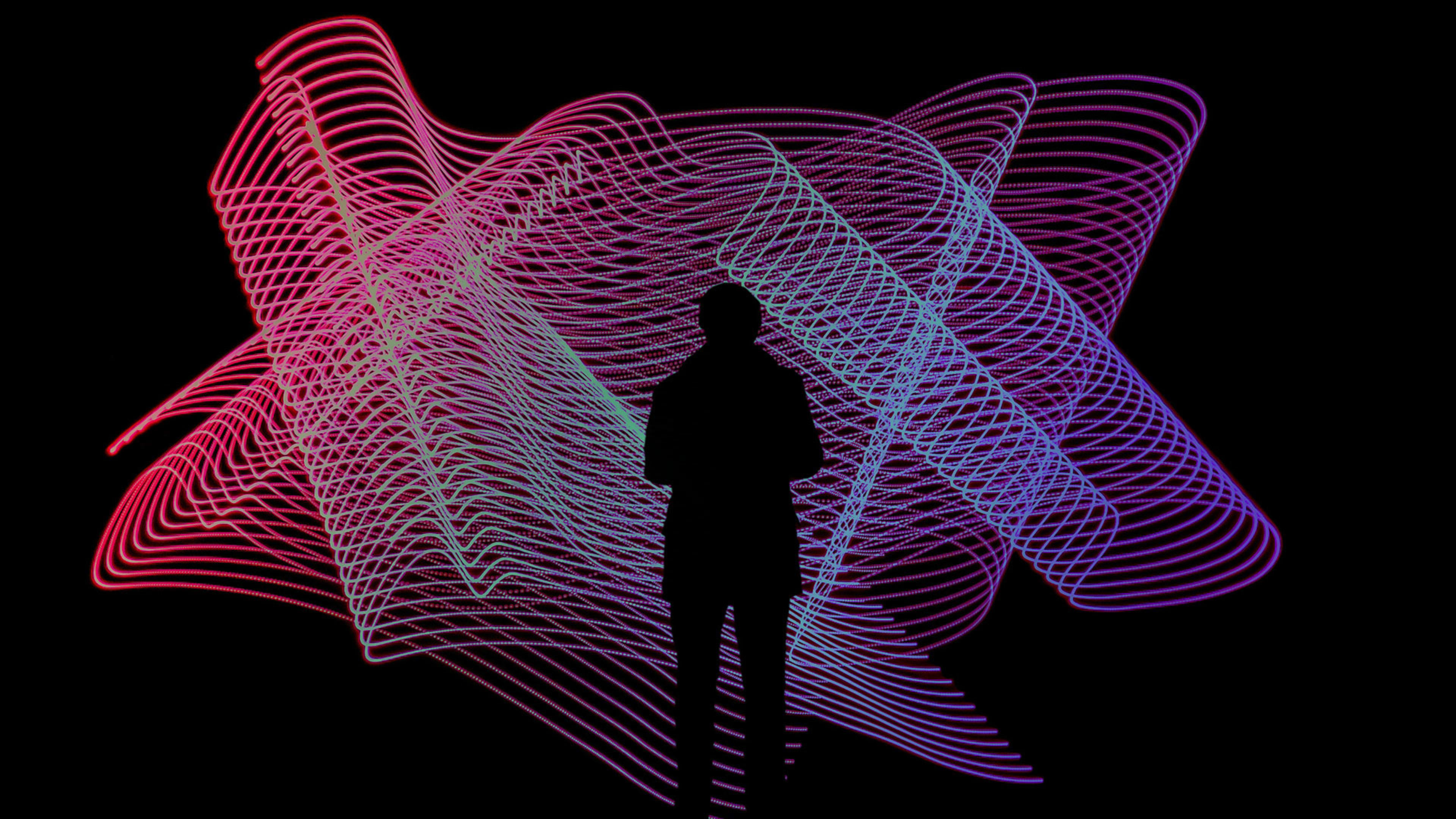Think you’re not creative? You’re selling yourself short. Humans are inherently creative, born with the capacity to reflect, evaluate, come up with ideas, and find connections, says Rahaf Harfoush, author of Hustle and Float: Reclaim Your Creativity and Thrive in a World Obsessed with Work.
“We all have the capacity to be creative, and we can all improve those skills,” she says. “Like any aptitude, some are better than others and some have a stronger skill set. We’re not all LeBron James, but anybody can learn basketball.”
Why It’s Hard to Be Creative
If you’re not feeling creative, it’s likely because you’ve been programmed to adopt routines that squelch it. The rise of the knowledge economy gave us modern-day work heroes who are highly driven and successful, says Harfoush.
“We hear about the CEO who wakes up at 4 a.m.,” she says. “We hear about a successful four-hour-a-night side hustle or a 100-hour workweek. We talk about working so hard, and the narrative empowers others to do it, too.”
But this type of work ethic can lead to burnout, which hinders creativity. Harfoush, a digital anthropologist, learned this firsthand when her own drive to be successful eventually resulted in fatigue, insomnia, and hair loss. “I thought, ‘Why is this happening to me when I know better?'” she says. “I’m an ambitious person with big goals, but this way to pursue them is not sustainable.”
Productivity is based on a model of continuous output, while creativity is a messy, disjointed process that requires large chunks of unstructured time, says Harfoush.
“Our frantic actions are sucking our creative juice dry,” she says. “As we strive to eke out the most of every single second, the processes that we have implemented to make us more productive are actually depleting our creative resources.”
How To Be More Creative
Harfoush says there’s a lot of confusion around what it means to be creative. “For example, it’s divine and you’re not linked to the output,” she says. “It’s a skill you acquire or sell. It’s something you do as a vocation or job. With so many definitions, of course we’re confused. Many people don’t fully grasp the meaning when they talk about creativity as a skill.”
The definition of “creativity” continues to expand. “We’re no longer artists praying for divine inspiration; we’re productive creatives who are contributing to economies and markets that were built on the tenets of productivity,” she says.
Humans are naturally creative beings, and we need to get out of our own way, says Harfoush. “To be creative what we need to do is let our brain do its thing,” she says. “The brain needs rest and time every day to daydream. It’s an incredibly important cognitive function that assimilates what we learn, and tests ideas and scenarios.”
Take time to expose yourself to diverse art, music, and books, Harfoush suggests. “These things inspire you to make unprecedented connections,” she says. “The thought is that productive people never read fiction. You lose yourself in pursuit of having to justify productivity. Give yourself to play, practice coming up with ideas.”
Harfoush admits that these suggestions are not new. So why don’t we follow the advice? “We have deep cultural and historical beliefs around work,” she says. “We have internalized metrics about what it is to be successful. If we’re always going after goals, it’s hard to see the value in the suggestions because the systems don’t feel aligned.”
The most important step to becoming more creative might be to examine your deep-rooted beliefs and complex relationship with work and what it means to be productive. To be creative, you often have to face your own ego. “I had a need to validate my accomplishments by being busy,” says Harfoush. “I linked how I interpreted my work ethic to my identity.”
It can be hard to face certain parts of yourself. “The simple stuff is on the surface,” says Harfoush. “Digging into stuff hits vulnerability, with your ego, self-worth, confidence, identify, and how you want others to see you.”
Unravel the deeper narrative, says Harfoush. “Identify the hidden forces and stories you tell yourself,” she says. “Once you see them, you can choose what is serving you and what is not.”
Recognize your brand’s excellence by applying to this year’s Brands That Matter Awards before the early-rate deadline, May 3.
